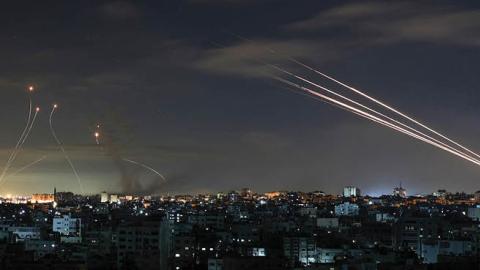It’s déjà vu all over again in the Middle East as another round of Israeli-Palestinian combat follows a tragic and familiar path: another spasm of violence, another media firestorm over civilian casualties, another wave of demonstrations around the world, another diplomatic kerfuffle as would-be mediators jostle, and another donnybrook in American politics over how Washington should respond.
There are two equal and opposite mistakes the U.S. can make when it comes to this latest Gaza war. The first is to overlook the ways in which this conflict is a reflection of some fixed facts of Israeli-Palestinian relations. The second is to underestimate the ways in which the changing dynamics of the Middle East and world politics are altering the landscape of Israeli-Palestinian competition.
The fact of Israeli-Palestinian hostility isn’t changing. The first large-scale violence between Palestinian Arabs and Jews took place in 1920, and intervals of quiet have since alternated with episodes of violence and fruitless peace negotiations. The current conflict is likely to follow the pattern of its predecessors. The violence will burn itself out, and some sort of cease-fire will be patched up.
Read the full article in the Wall Street Journal















